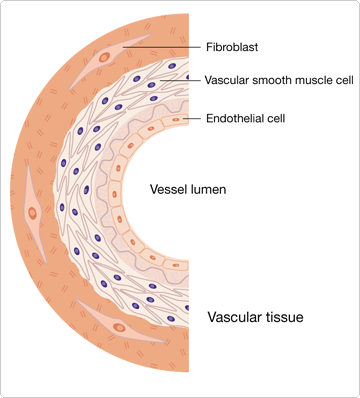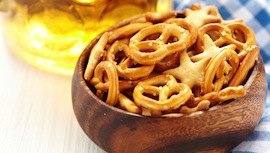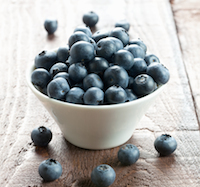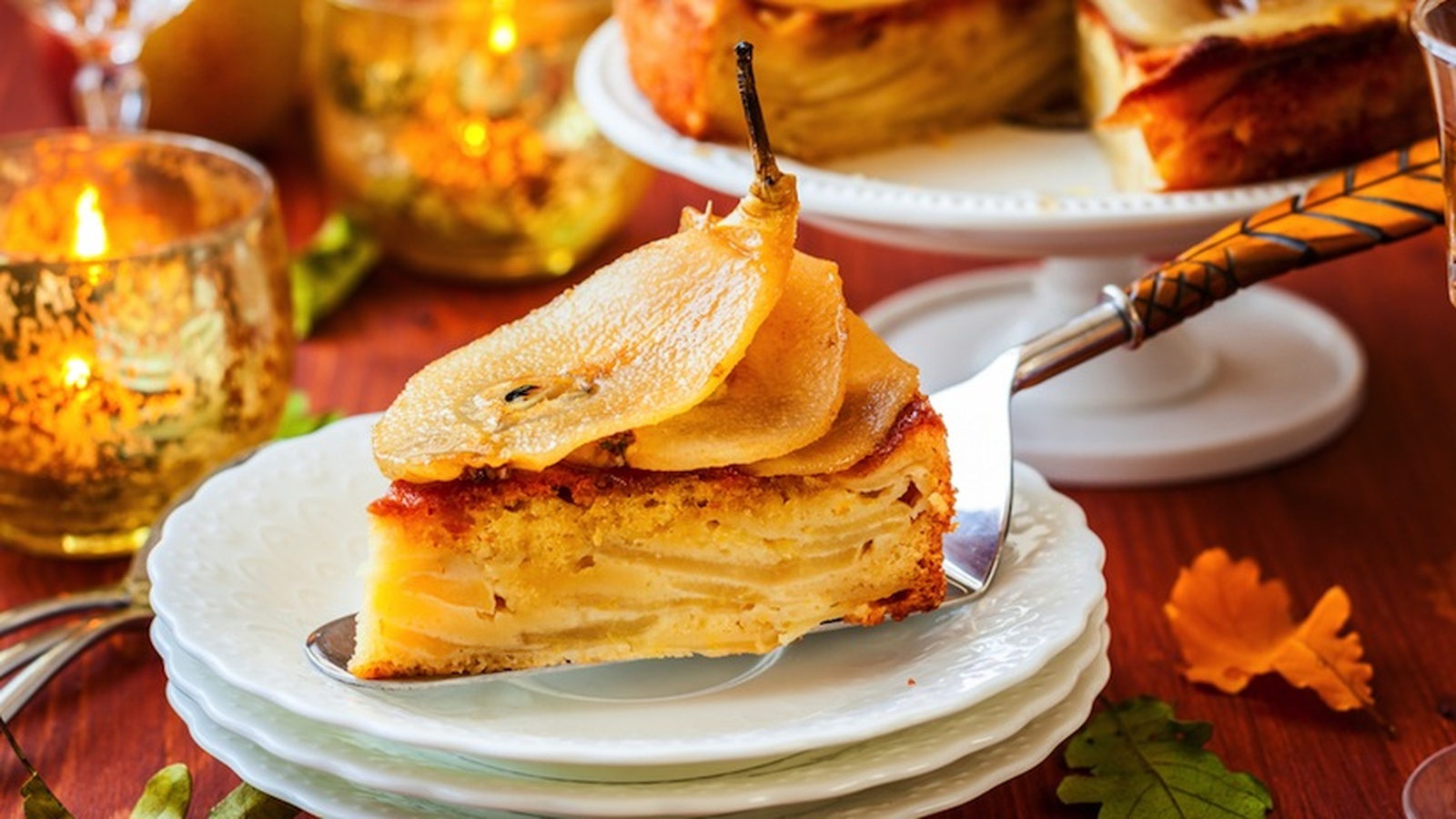It's just one meal. How bad could it be?
Even if you are a veteran nutritarian, rich holiday foods packed with oils, animal products, white flour, and sugar may look tempting to you. Maybe tempting enough for you to say to yourself “It’s just for today, just this one meal. I’ll go back to my healthy nutritarian diet tomorrow – one unhealthy meal can’t possibly harm me.” Is that true?
Aside from the fact that a single low-nutrient meal may awaken old addictive drives that could then lead to many more low-nutrient meals, a single meal is enough to cause damage to your cardiovascular system. As mentioned recently by Dr. Fuhrman (http://www.drfuhrman.com), there are more cardiac deaths on December 25, 26, and January 1 than any other days of the year.
This sobering observation suggests that overindulging at a holiday meal can be extremely hazardous to your heart.
Endothelial Function And The Importance Of The Endothelium
 The endothelium is a specialized layer of cells that forms the inner lining of all blood vessels.
The endothelium is a specialized layer of cells that forms the inner lining of all blood vessels.
Endothelial cells produce nitric oxide and other substances that regulate blood pressure, maintain balance between pro-thrombotic (blood clotting) and anti-thrombotic mechanisms, and act as a selective barrier between the blood and surrounding tissues.
The functions of the endothelium are crucial; endothelial dysfunction is an early event in atherosclerotic plaque development and cardiovascular disease.
Let's take a look at the traditional components of a holiday meal, and how they affect our cardiovascular system.
1. Meat, Cheese And Oils
 Fifteen years ago, a study reported that eating a high saturated fat, high animal product meal impaired endothelial function for four hours following the meal, and this effect has been confirmed in the literature over and over.
Fifteen years ago, a study reported that eating a high saturated fat, high animal product meal impaired endothelial function for four hours following the meal, and this effect has been confirmed in the literature over and over.
For example, a study presented earlier this year reported the detrimental effects of a sausage, egg and cheese breakfast sandwich on endothelial function. In addition to impaired endothelial function, single low-nutrient, high fat meals have been reported to induce insulin resistance, increase circulating adhesion molecules (which allows excess LDL and inflammatory cells to enter the vessel wall – a contributor to atherosclerosis), induce oxidative stress, and deplete the body’s circulating antioxidants.
The detrimental effects of a high saturated fat meal on endothelial function are believed to occur via oxidative stress and activation of pro-inflammatory pathways. Although most of the studies have focused on high saturated fat meals, there is also evidence that animal protein and excess oils (high in omega-6 fatty acids) may also negatively affect the endothelium and induce oxidative stress.
2. Bread, Pasta And Sugary Desserts
 Besides added sugar, refined carbohydrates are just as harmful to endothelial function as saturated fat.
Besides added sugar, refined carbohydrates are just as harmful to endothelial function as saturated fat.
Refined carbohydrates cause dangerous spikes in blood glucose – repeated spikes over time promote diabetes and other chronic diseases, but what about a single high glycemic meal?
Acute hyperglycemia (short term elevated blood glucose after a single refined carbohydrate-rich meal) has been shown to impair endothelial function, promote blood clotting (which increases heart attack risk), induce oxidative stress and deplete circulating antioxidants, increase blood pressure, increase circulating adhesion molecules, impair the body’s ability to fight infection, and decrease blood flow to the heart.
3. Salty Snacks, Beer And Wine
 A single high salt meal impairs endothelial function, just like high saturated fat or high sugar meals, and alcohol magnifies the increase in blood glucose from a refined carbohydrate-rich meal.
A single high salt meal impairs endothelial function, just like high saturated fat or high sugar meals, and alcohol magnifies the increase in blood glucose from a refined carbohydrate-rich meal.
When I see a fatty, sugary dessert, I try to think up some scary images to deter myself from indulging – here are some examples:
- Sugar crystals floating around in my bloodstream, scratching up the delicate surface of my endothelium.
- All the circulating antioxidants from my previous nutritarian meals being used up and destroyed.
- My vessels constricting, failing to deliver adequate blood to my heart muscle.
- My blood pressure rising, and my heart becoming fatigued from pumping against that extra pressure.
- LDL cholesterol and inflammatory cells pouring through the gaps in my compromised endothelial barrier and building the beginnings of atherosclerotic plaque.
The Solution For Managing Holiday Food Temptations
 Over the holidays, I make sure that I stick with my "G-BOMBS".
Over the holidays, I make sure that I stick with my "G-BOMBS".
G-BOMBS, coined by Dr. Joel Fuhrman, is an acronym you can use to remember the most nutrient-dense, health-promoting foods on the planet.
The acronymn stands for Greens, Beans, Onions, Mushrooms, Berries, and Seeds.
These are the foods you should eat every day, and they should make up a significant proportion of your diet – these foods are extremely effective at preventing chronic disease and promoting health and longevity.
But that doesn’t mean that I have to choose between excellent health and tasty food. I get the best of both worlds - I enjoy preparing and serving a special dish for the holidays, while sharing health-promoting foods with my friends and family. And if I bring a nutritarian dessert, I don’t have to conjure up scary images of what an unhealthy dessert will do to my body; the nutritarian option is always far more appetizing!
What is your favorite, heart healthy holiday dessert?
Discover how to lose excess fat from your belly, face & thighs in less than 7 days with this simple ancient practice. Watch the Detox Masterclass here. Playing for a limited time!









